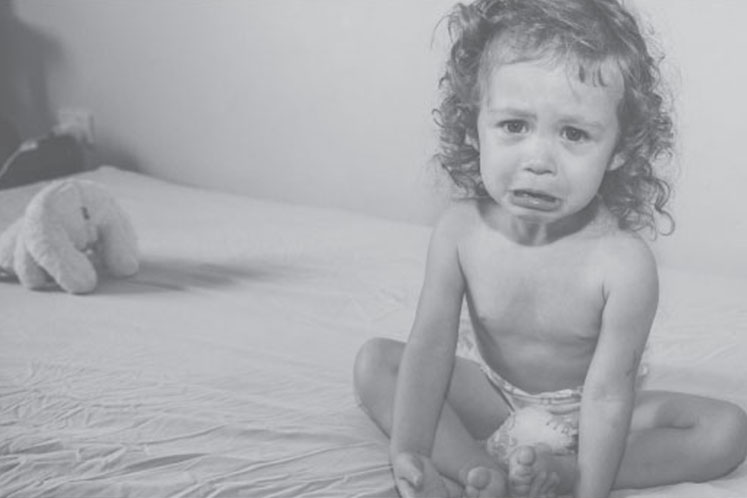What you should know about BAD HABITS

As children grow up, parents need to step back and loosen control over their children’s lives. But it’s often difficult to know when parents should intervene and when they should give their children the opportunity to succeed or fail on their own. We have a duty to supervise two-year-old children very carefully since they are unlikely to learn from their mistakes and can hurt themselves easily due to their bad choices. If we’re lucky, our young adult children will know to avoid the often fatal behaviors that we can’t stop them from trying. In between these two extremes the decisions we make often depend on our tolerance of risk as much as on our children’s personality.
But sometimes it’s our understanding of the problem that motivates our choices. Let’s look at a few examples. Here’s an easy one – thumb-sucking. Unlike the case in which a child is unable to give up a pacifier, you can’t take away the thumb. I’ve often used this expression: “It’s like trying to teach a pig to sing. It’s a waste of your time, and it annoys the heck out of the pig.” In other words, nobody wins. As far as I know, nobody ever got married with a thumb in the mouth. Yes, some vigorous thumb suckers will need braces eventually, but unless the child actually wants to try to stop, using punishment or bad-tasting chemicals will cause more harm than good. Incidentally, I am personally against pacifiers. If you must use one, it’s time to get rid of them when the child can ask for it in a sentence. How about bed-wetting? In years past (and no longer, I hope), some parents tried to shame and punish their children for wetting the bed. Our understanding of the
cause of bed-wetting makes that policy unacceptable. Some children have an unfortunate situation.
In brief, they are very heavy sleepers, they have very sensitive bladders, and they tend to lack a hormone that reduces urine production at night. Fortunately, in the absence of any specific treatment, children will outgrow this problem – eventually. Yes, they may be in their teens, but they will outgrow the problem. In the early years, pullups are an effective first step. Reducing evening liquids also helps.
If the problem has not resolved by age 6, there is medication that is usually very effective. Your pediatrician can guide you. As long as we’re on the subject of bed-wetting, we might touch on toilet training.
It is interesting to me how important this subject is to some parents. You certainly will save on the cost of diapers if you can get your child to use the toilet early, but there is no developmental significance to early toilet training. By that, I mean it’s nothing to brag about. It’s usually due more to the parent’s persistence. My experience is that when a child is verbal, willing, and ready, that child can be toilet trained in just a few days. Age 2 ½ is not unreasonable. Some children reach their third birthday in diapers.
If they don’t care, take a deep breath and back off. It’s nothing personal. If your child has a developmental delay, it might take longer, but most children who are late to toilet training are developmentally normal. I am not going to spend much time discussing the other toilet training. Some children learn to poop on the toilet early, some late. For some, there is a psychological reason for withholding stool. For others, there is a physiological (body function) problem. The discussion of these bodily functions should be part of your visit with your pediatrician. I have only one piece of advice. If the child is able to use a potty, and you think the child is ready to switch to a toilet, make sure you have something that can be sued to push down with the feet. The higher the knees are and the closer to the chest, the easier it will be to go. By the way, this works for adults, too!
Robert B. Golenbock, MD, is currently retired. He has cared for children in the Danbury area for 43 years, including at the Center for Pediatric Medicine. The
CPM is located at 107 Newtown Rd #1D, Danbury, CT 06810. For more information, please call (203) 790- 0822 or visit https://centerforpediatricmedct.
com.
